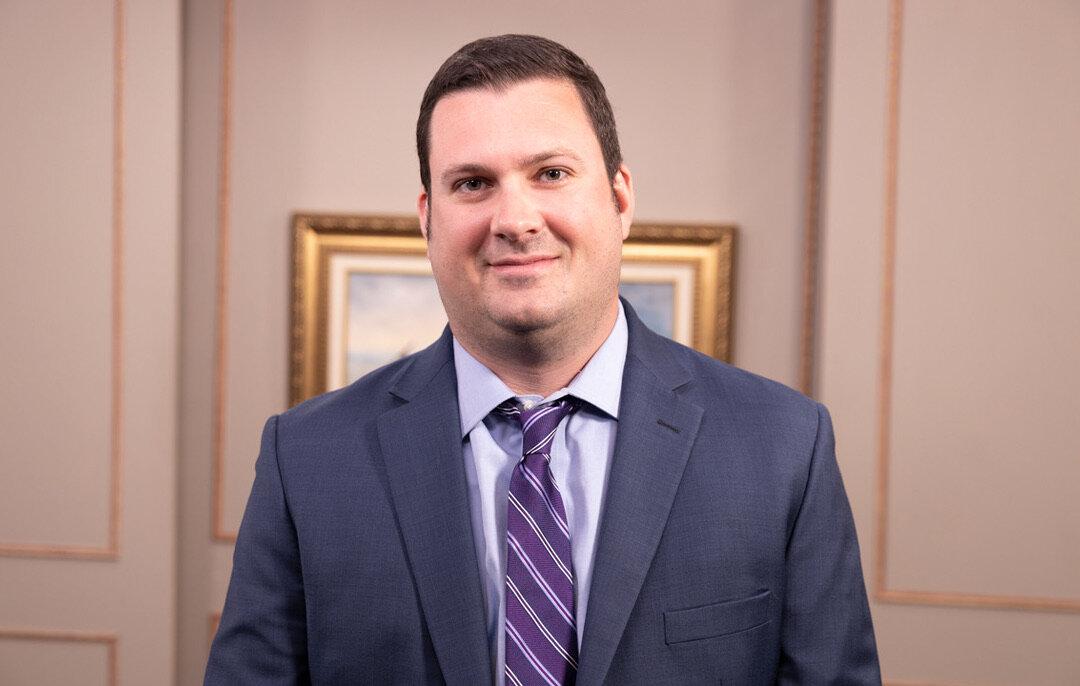In a recent episode of “American Thought Leaders,” host Jan Jekielek spoke with Luke Rosiak, an investigative reporter at The Daily Wire and author of “Race to the Bottom: Uncovering the Secret Forces Destroying American Public Education.”
The consequences of this destruction, Rosiak contends, “will be devastating for society, not long in the future, but over the next five to 10 years.”






